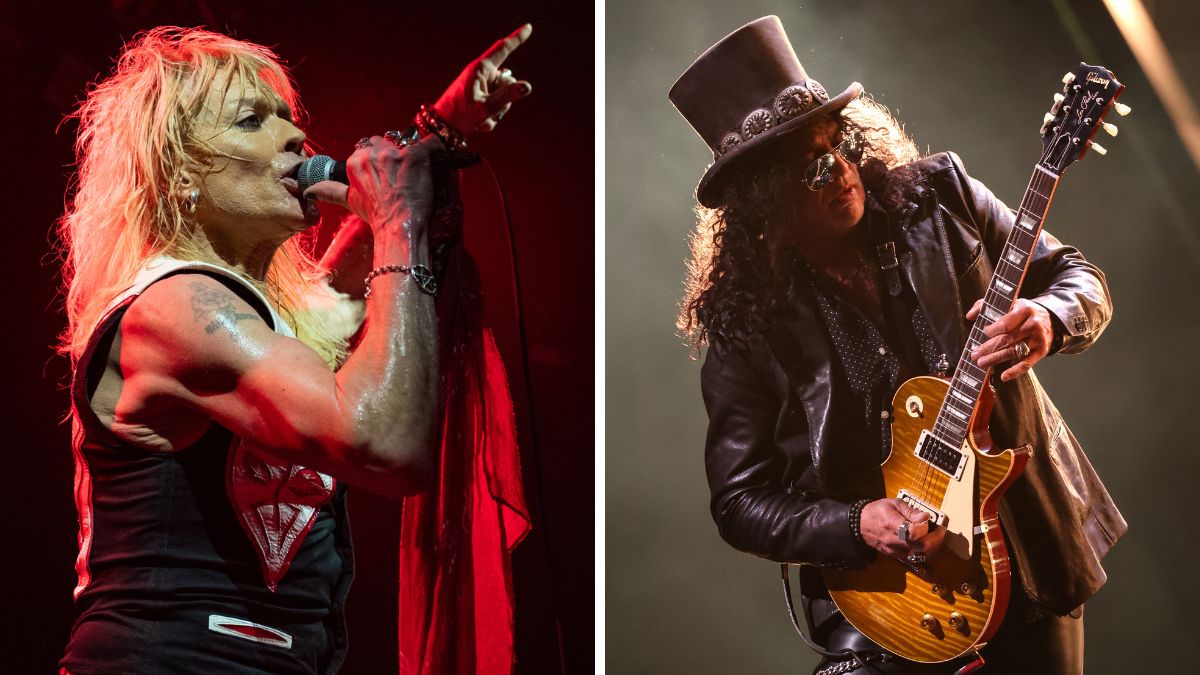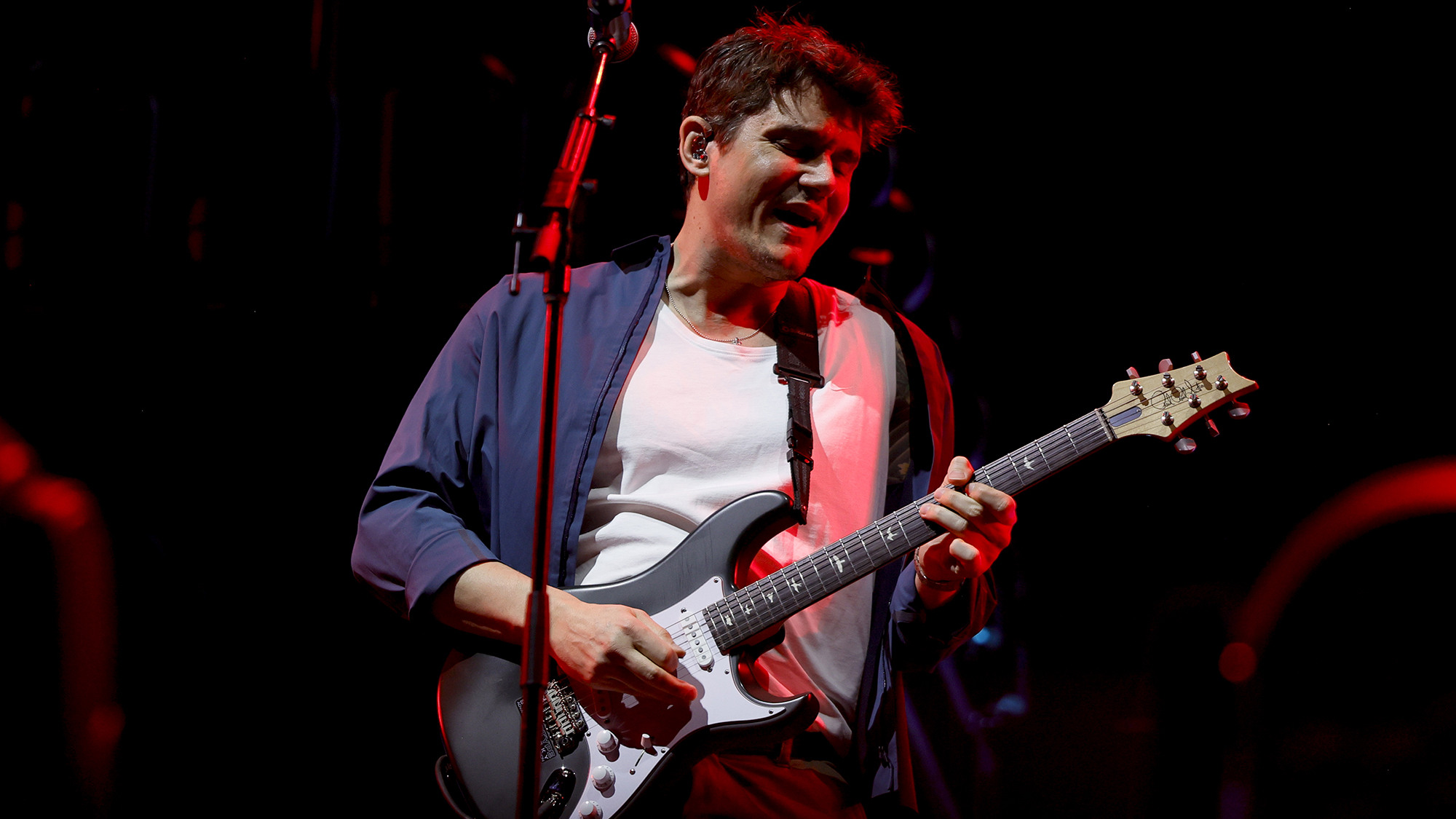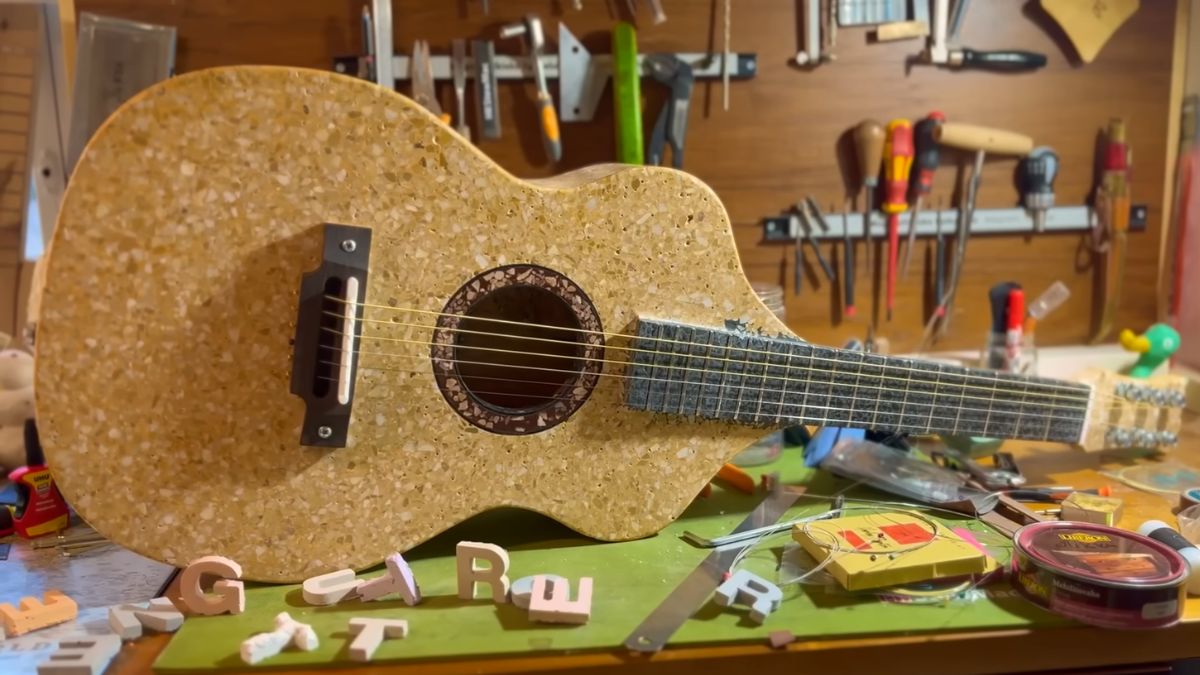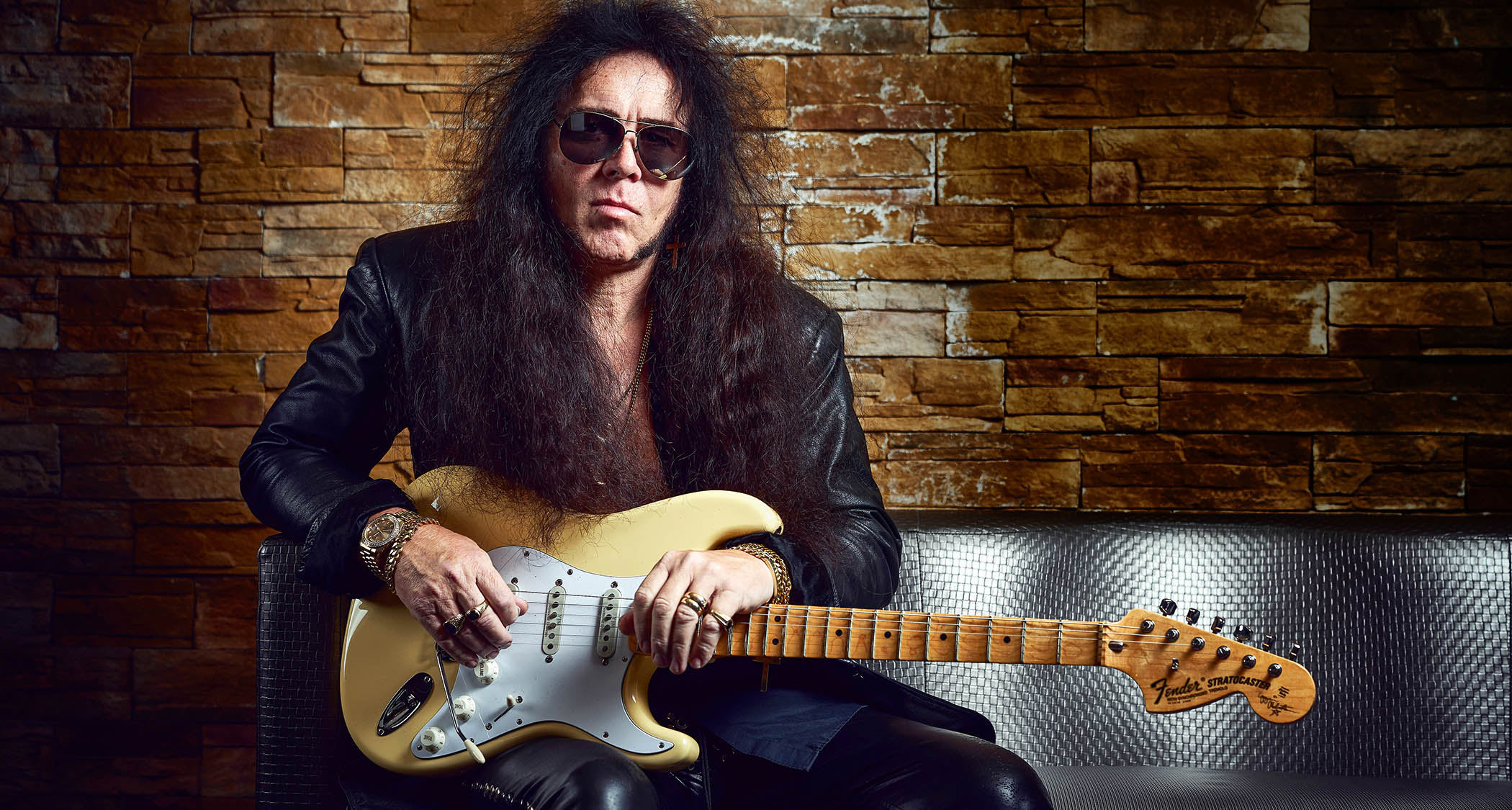Deftones’ Stephen Carpenter explains why he’s always preferred being a rhythm guitarist rather than a lead player
The eight-string-toting riff machine also revealed what made Anthrax his favorite thrash-metal band and why he considers himself Deftones’ “odd man out” in a new episode of Ernie Ball's String Theory
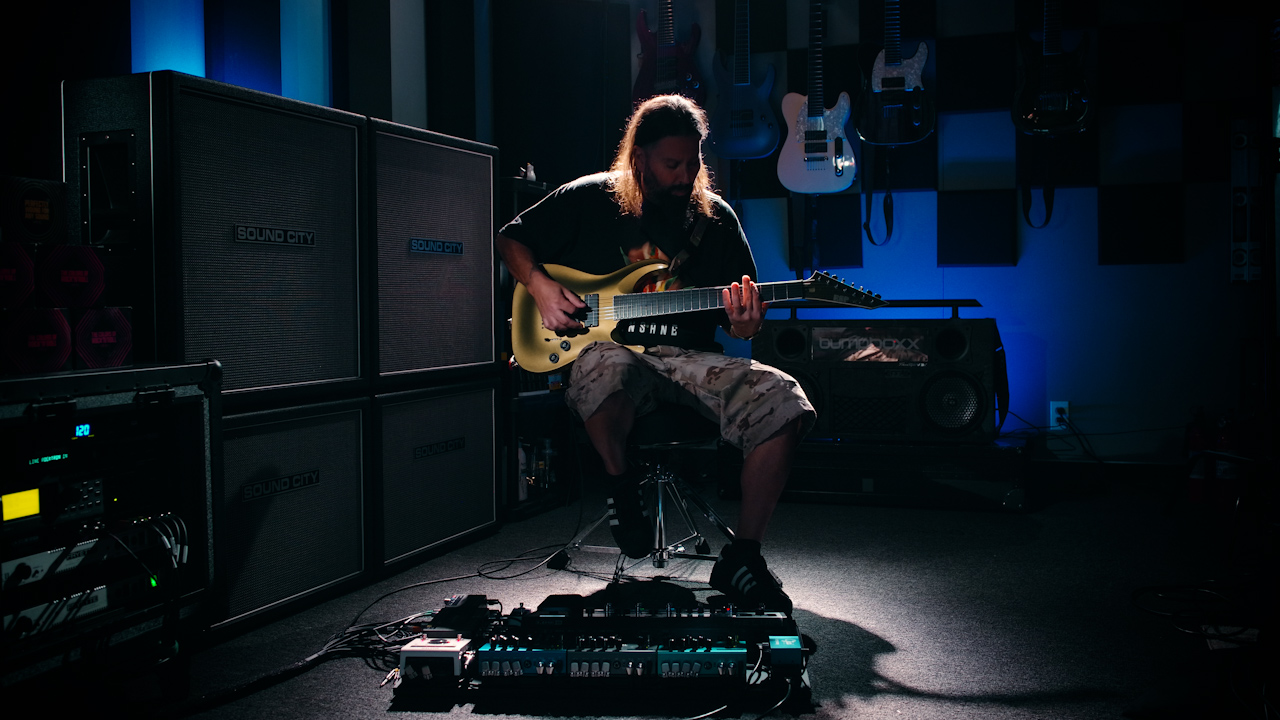
With his wrecking ball eight-string guitar refrains, Stephen Carpenter established himself as one of the leading riff merchants in metal – a tenure he’s held for more than a quarter of a century. And in a new episode of Ernie Ball’s String Theory video series, the guitarist explains why he’s long preferred handling the lower frequencies as opposed to the upper reaches of the fretboard.
“I’ve always gravitated [towards] and been focused on rhythms, specifically the power chord, because that was my immediate connection – that’s what actually impacted me the most,” he explains.
“Of course, lead guitar playing is exciting to me and I love to listen to it, I love to watch players do what they do. That has an impact on me, but physically, I’ve always just enjoyed that sound of a power chord, either in motion, or just a sustained chord.”
ESP custom eight-strings in hand, Carpenter goes on to detail the roots of his guitar style, whose avoidance of solos helped to define the nu-metal movement that emerged in Deftones’ wake from the mid-’90s onwards.
“All the bands that I’ve ever liked, since the ’80s when I really started thinking about playing music, have always been rhythm-orientated,” the guitarist explains. “Of the big four [of thrash metal], Anthrax was my favorite. I really did love Metallica, of course, too, but Anthrax was my favorite, and I really specifically loved Scott Ian as a rhythm player. I had zero desire to play a solo; I was just like, ‘I just wanna crunch it up!’”
What becomes abundantly clear throughout the 18-minute video is that Stephen Carpenter really, really likes power chords. To the point where he considers his role in the band as practically defined by the two-note shape.
Regardless of what everyone else is doing, I try to fit into the scope of it with the power chord
“I’m still bound by my foundation,” he admits. “That core of me as a guitar player, that core of me just loving that power chord.
Get The Pick Newsletter
All the latest guitar news, interviews, lessons, reviews, deals and more, direct to your inbox!
“That’s always been the ingredient that I’ve put in the band: regardless of what everyone else is doing, I try to fit into the scope of it with the power chord.”
That compositional stance can occasionally put Carpenter at odds with the rest of the group, he concedes – but it’s that irrepressible yin and yang that gives Deftones their genre-splicing sound.
“The rest of my friends in the band, they have more classic influence,” he says. “They always like some old rock stuff, like straight ’70s rock – which I love, [but] don’t wanna be. [It’s] not my interest. But for them, that’s their interest. So, somewhere between their interest and my interest is where we are. I think I’m the odd man out in the group when it comes to music.
“Having the incredible palette of things to choose from has always been a blessing for us. We can draw from so many types of influences, and we do our best to not be the influences that we like, but I’m not afraid to make something sound like the way I like, either.”
Carpenter has certainly been keeping his chops up over the past year or so, posting playthroughs of classic Deftones tracks and deep cuts with astonishing regularity to the band’s YouTube account.
The current count stands at 44 playthroughs, with the most recent video – of 2012 Koi No Yokan bruiser Graphic Nature – posted on February 25.

Mike is Editor-in-Chief of GuitarWorld.com, in addition to being an offset fiend and recovering pedal addict. He has a master's degree in journalism from Cardiff University, and over a decade's experience writing and editing for guitar publications including MusicRadar, Total Guitar and Guitarist, as well as 20 years of recording and live experience in original and function bands. During his career, he has interviewed the likes of John Frusciante, Chris Cornell, Tom Morello, Matt Bellamy, Kirk Hammett, Jerry Cantrell, Joe Satriani, Tom DeLonge, Ed O'Brien, Polyphia, Tosin Abasi, Yvette Young and many more. In his free time, you'll find him making progressive instrumental rock under the nom de plume Maebe.
“Every tour was the best I could have done. It was only after that I would listen to more Grateful Dead and realize I hadn’t come close”: John Mayer and Bob Weir reflect on 10 years of Dead & Company – and why the Sphere forced them to reassess everything
“Last time we were here, in ’89, we played with Slash on this stage. I don't remember what we did...” Slash makes surprise appearance at former Hanoi Rocks singer Michael Monroe's show at the Whisky a Go Go



